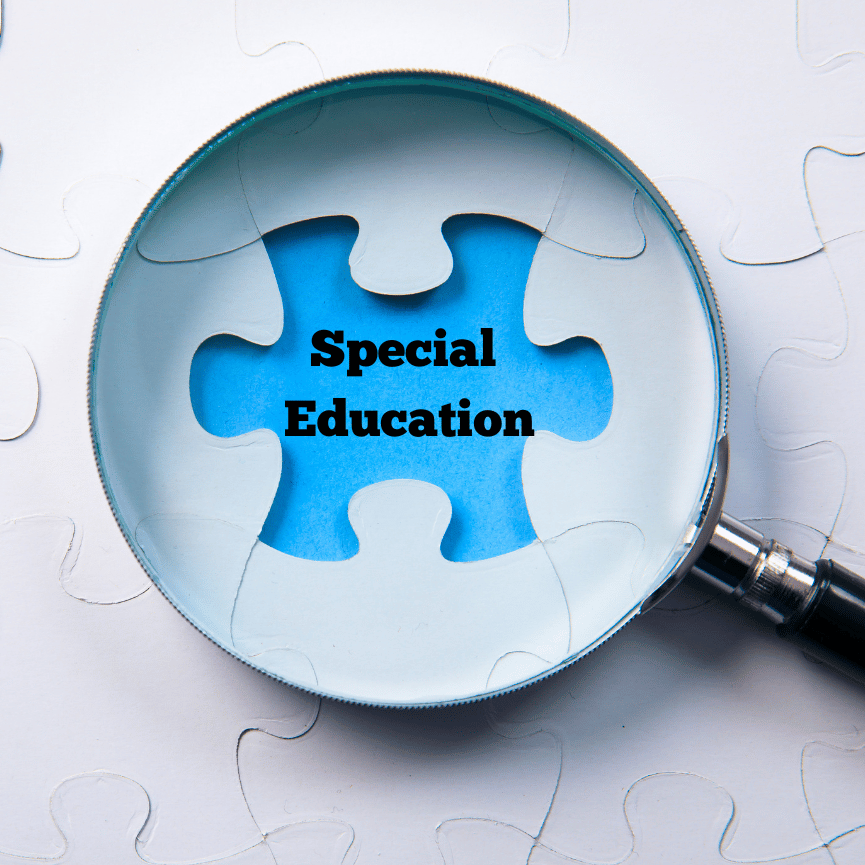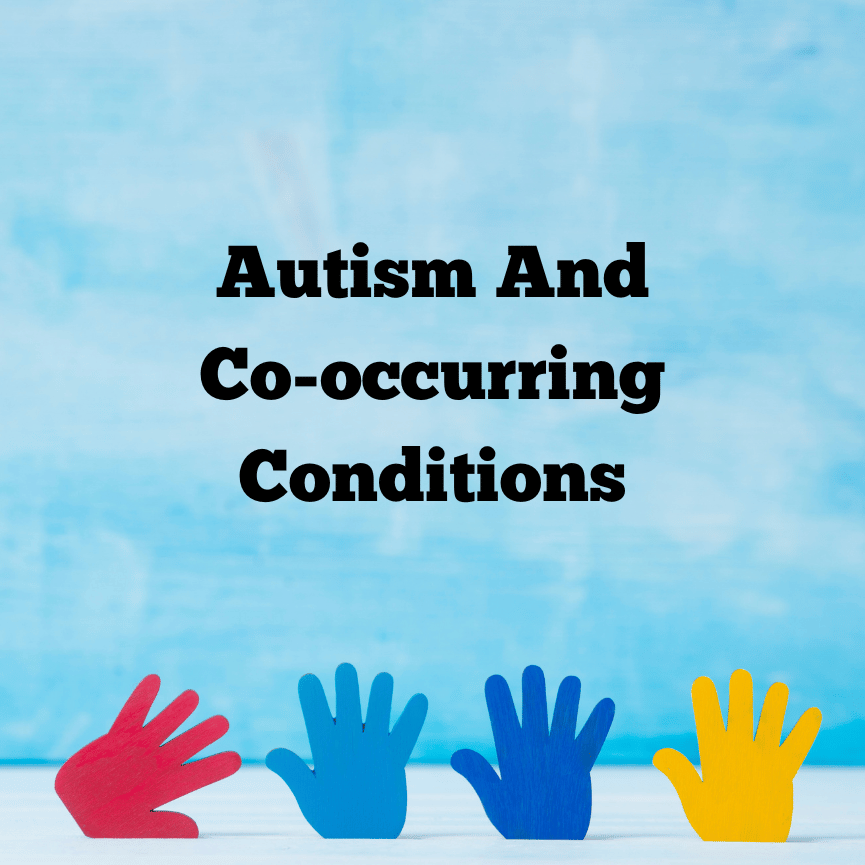
What Autistic Perspectives Teach Us About Communication and Understanding
Autistic individuals often experience the world in ways that many of us do not fully understand. By learning from their perspectives, we can gain valuable insights into not only autism itself but also broader human experiences such as communication, resilience, and empathy. Let's dive into the lessons we can learn from those on the autism spectrum and how we can use this knowledge to improve our relationships and society as a whole.
To understand what we can learn from autistic perspectives, it's important first to define autism. Autism Spectrum Disorder (ASD) refers to a range of neurological and developmental conditions that affect how individuals perceive and interact with the world. It's a spectrum because it encompasses a wide variety of traits, skills, and challenges, meaning each individual with autism has a unique experience.
The Power of Perspectives
At its core, the value of learning from autistic perspectives is about recognizing the power of diversity in how we see the world. Everyone has a unique way of processing experiences and information, and these differences can teach us new ways of thinking. By actively listening and engaging with autistic individuals, we can expand our understanding of human behavior and challenge our biases.
Breaking Down Common Misconceptions About Autism
There are many misconceptions about autism, often leading to harmful stereotypes. One common misconception is that all autistic individuals lack empathy, when, in fact, many have deep and complex emotional lives but may express them differently. Understanding the diversity of experiences within the autism spectrum is crucial to overcoming these myths and appreciating the full humanity of autistic individuals.
Key Life Lessons We Can Learn from Autistic Individuals
Seeing the World Differently
One of the most valuable things we can learn from autistic individuals is how they perceive the world. Many individuals on the spectrum have heightened sensory sensitivities and are more attuned to the details around them. This unique viewpoint can open our eyes to things we might otherwise overlook, such as the complexity of sound, texture, or light.
Embracing Unique Strengths and Talents
Autistic individuals often possess remarkable talents and skills, particularly in areas that require intense focus and precision, such as mathematics, music, or art. By recognizing and celebrating these strengths, we can create more opportunities for autistic individuals to contribute in meaningful ways.
Understanding the Importance of Routine and Structure
For many autistic individuals, routines and structure are essential for managing daily life. This reliance on predictability can teach us the value of organization and the peace that comes with having a clear structure. In a fast-paced world, embracing routines can help all of us feel more grounded.
The Role of Sensory Sensitivities
Sensory processing is a key aspect of autism. Many autistic individuals experience heightened sensitivity to sensory input, such as sounds, lights, or textures. By understanding these sensitivities, we can learn to be more aware of our environment and how it affects others. It also teaches us to be more considerate of sensory overload, which can be overwhelming for many people, not just those on the spectrum.
The Beauty of Focus and Detail-Oriented Thinking
Autistic individuals often have the ability to hyperfocus on specific tasks or subjects. This intense concentration can result in extraordinary achievements, especially in areas that require precision and attention to detail. By appreciating this trait, we can learn to value focus and deep thinking, qualities that are often underappreciated in today's fast-paced world.
Social Interactions: Honesty and Authenticity
Autistic individuals often approach social interactions with a level of honesty and directness that can be refreshing. Their communication style may not always align with conventional social norms, but it highlights the importance of being authentic. By learning from this approach, we can foster more genuine, open interactions in all our relationships.
The Strength of Resilience in the Face of Challenges
Life with autism often involves facing and overcoming obstacles that many people don't have to consider. Autistic individuals show remarkable resilience in navigating a world that is not always designed for them. We can learn a great deal about perseverance and strength from the challenges they face and the ways they cope with adversity.
The Importance of Autistic Advocacy
Autistic advocacy is crucial for creating a more inclusive and supportive society. By amplifying the voices of autistic individuals, we can advocate for changes that benefit not only them but also the broader community. Advocacy efforts promote understanding, accessibility, and equal rights for everyone, regardless of their neurodiversity.
Understanding Autism in the Context of Relationships
Autistic individuals may experience relationships differently, but that doesn't mean they are incapable of forming deep and meaningful connections. Learning how they navigate friendships, family dynamics, and romantic relationships can teach us about empathy, patience, and the value of support systems.
Creating Autism-Friendly Environments
One of the most important lessons we can learn from autistic individuals is the importance of creating inclusive environments. Small adjustments in our physical and social environments can have a profound impact on the well-being of autistic individuals. By becoming more aware of their needs, we can create spaces that are more accessible for everyone.
Educational and Workplace Considerations
Autism in the classroom and workplace requires thoughtful adaptations and accommodations. By creating inclusive educational and work environments, we can help individuals with autism thrive. This might involve adjusting teaching methods, providing sensory breaks, or offering flexible working hours—changes that benefit not just autistic individuals but anyone who needs them.
How We Can Support Autistic Individuals
Supporting autistic individuals starts with simple, everyday actions: listening, being patient, and creating a more inclusive world. We can also advocate for better resources, policies, and opportunities that support neurodiverse individuals in education, employment, and beyond.
Learning from autistic perspectives is not just about understanding autism—it’s about embracing a richer, more diverse world where every individual’s unique traits and talents are celebrated. By listening, advocating, and creating inclusive environments, we can build a society that values all perspectives and experiences.










